Phil 4:6-7: “Do not be anxious about anything, but in every situation, by prayer and petition, with thanksgiving, present your request to God. And the peace of God which transcends all understanding, will guard your hearts and your minds in Christ Jesus.”
Africa is on the brink of crisis with rising food- and fuel prices caused by the Russian invasion of Ukraine. The war between the countries is causing a delay in the supply of wheat, fertiliser and other goods, intensifying the problems Africa already has with the COVID-19 pandemic, extreme drought, climate change and more. According to the UN World Food Program, East Africa- with Ethiopia, Kenya, Somalia, Sudan and South Sudan are predicted to be hit the hardest.
African leaders are already having trouble to control rising inflation and collapsing of currencies.
This kind of stress, especially in urban, low-income communities can cause major tensions that potentially can spill over and lead to violent protests
Let us take hands and pray for the vulnerable people of Africa.
Let us pray:
- That the conflict in Ukraine does not worsen the food crisis in Africa.
- That Governments will make all efforts to alleviate food shortages and assist those in need.
- For peace, and that the tension and violence will end.
- For the leaders in our African countries to have godly wisdom to make good decisions for their people.
- That more counties will be able to produce more food in order to fill the gap in the food supply.
- That Ukraine will soon be able to start exporting their wheat and oil again.
- For our AE teams in the affected countries. Let us pray that in partnership with the church they will be able to show the people that HOPE is in God alone.
- For food for the hungry. Matt 25:35 – “For I was hungry and you gave me something to eat.”
- For people to help in response to this crisis, sharing resources and urging others to do the same.
For the children affected with malnutrition, may God intervene.
Ministry Update – March 2022
Thanks to your ongoing support, our AE teams have enjoyed some wonderful success in our outreach programs across Africa. By the grace of God, our Togo farming project has begun, with participants preparing the land ready for seed planting. They are also being educated on the correct way to grow vegetables for sustainability.
In Kenya, the local church leaders are helping to train up missionaries to reach even more people with the good news of Jesus. The Foxfire program has also had great success, with high schools now participating in forums to expand and continue the harvest. One young student, Boaz, says that he ‘feels strengthened to keep pure and serve God and His people.’
Our sewing school in Malawi has seen many graduates become trained in tailoring and professional dressmaking. These skills enable people to generate an income to meet their basic needs, and some have even gone on to open their own businesses.
The Hope for Girls Project will also soon launch in Malawi, with the aim of providing essential re-useable sanitary products to young girls aged 10 and over. This will be incorporated into the needlework program to ensure the sustainability of the program.
AE Ethiopia continues integrating new believers from the Kotebe mission into the mainstream church. New believer Gelan Megersa says she was met by someone on the street who told her about Jesus. “I was convinced and became a believer, and have been attending discipleship classes for the past 3 months. I have seen such a transformation in my life.”
In Uganda, the Omoo Youth Skilling and Production Centre has been training young people to bake cakes, mandazi, samosas, chapatis and buns to sell to the local market. They were able to raise more than 200,000 Uganda Shillings (approximately AUD 73.74) through the sale of their products.
Once again, AE has been able to outreach successfully in South Africa. In partnership with other ministries, we have been able to bring food relief to those who continue to suffer from unemployment, the ravages of the pandemic and the aftermath of recent unrest.
One recipient said that she had been praying for God’s intervention after both her mother and sister succumbed to COVID leaving her with the responsibility of caring for her brothers, all of whom are unemployed. Her response to our outreach was, “I feel I have hope now.”
Your prayers and support are invaluable to AE, and we give thanks to God for enabling us to bring some relief and minister to communities in desperate need. Please continue to pray with us that those whose hearts are moved by the Holy Spirit may grow in their journey of faith and be a witness to others.
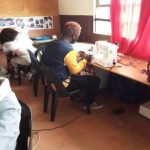 We have been seeing some fantastic outcomes from AE’s Ngezandla Zethu project in South Africa. 35 women and 3 men have enrolled in the 2021 Sewing and Fashion Design Program. So far we have celebrated 13 graduates, 4 of whom are now successfully running their own businesses. One of our male students has even opened his own training school called “Kairos School of Fashion”.
We have been seeing some fantastic outcomes from AE’s Ngezandla Zethu project in South Africa. 35 women and 3 men have enrolled in the 2021 Sewing and Fashion Design Program. So far we have celebrated 13 graduates, 4 of whom are now successfully running their own businesses. One of our male students has even opened his own training school called “Kairos School of Fashion”.
The 2021 class has also been making face masks from material off-cuts. They have been able to supply over 100 masks to school children and members of their local community. The program has now become so popular, that the project administrator has had to split the students into smaller groups to accommodate the increased demand.
The students have completed courses in sewing tailored skirts and blouses, and will soon move on to designing and sewing coats and pants. They are a committed learners, determined to keep equipping and empowering themselves and their communities. We are so grateful for your support!
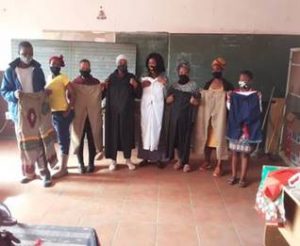
Poverty neglect and rural migration have led to around 61,000 children aged under 15 years being forced onto the streets of Ghana’s capital city Accra. Sadly the right to food, health, education and a safe environment are missing for these children and they are open to abuse, trafficking, health risks as well as being exposed to and involved in crime.
Every year through the Ghana Street Children Apprenticeship Project (SCAP), 50 children otherwise destined for crime and abuse are brought off the streets and equipped with skills through vocational courses including dressmaking and tailoring, computing, hairdressing and beautician, aluminum fabrication and auto mechanics.
One of these graduates, Gabriel Otoo, completed his training in auto-mechanics and now works independently in an Accra city shop. He is not taking the opportunity lightly, and is working hard to establish his new business and to employ others.
“I am forever grateful for AE Ghana and all the donors”, he said. “My goal is to save for land to develop into a training workshop and other children like I was.”
Providing a better future for other disadvantaged youth is now a passion, all made possible because AE supporters gave him a helping hand when he had no much hope.
“What AE has done for me, I am obliged to pay back by giving back to society”, he said.
Thank you for all your faith in the work of God to change lives through word and deed in the name of Jesus. Thank you for your continued support towards AE Ghana’s SCAP program.
‘For I was hungry and you fed me’ (Matthew 25:35 NLT)
The COVID-19 pandemic has raised serious concerns about food security in Africa. From the start of the pandemic, it has been feared that economic recession, along with disruptions to food supply chains, would leave Africa on the brink of starvation.
Africa imports more food than it exports, and relies on countries like India, Russia, Cambodia, and Vietnam for staple grains. Fortunately, the initial pandemic-related export ban from these countries was lifted, and grain exports to Africa were resumed. During 2020, various African governments and organisations also took action to increase Africa’s grain imports.
But increased grain imports have not been able to compensate for the impact of the pandemic, which has reversed years of economic development in Africa. Widespread job losses have led to food insecurity. This has been compounded in some regions by ongoing conflict, locust plagues, droughts and floods.
As a result, over 100 million people in Africa are currently experiencing catastrophic levels of food insecurity.
100 million is overwhelming. But each one is an individual – with a basic human need to eat. And to feed their family.
Last year, beneficiaries of Ghana’s WIN project were equipped with the skills and equipment to safely process cassava into “gari” (flour made from the cassava root). Rachel Ohene describes how this vocational training project helped her feed her family during 2020’s COVID lockdown:
“This project could not have come at a better time than this. Little did we know that gari was going to become the food saviour for Ghana this year. African Enterprise, God bless you for your foresight. You came in at the right time to offer us the right job. May the Lord richly bless the donors of AE. Their generosity has been a mind-blower. I have decided to buy the raw material – cassava from the farmers in and around Akropong so that I can process it to gari with the help of the milling machine AE has provided. I know in the coming days gari will be in high demand.”
In 2021, AE is preparing to launch a vocational training program in Togo which will provide skills, seeds and equipment so that needy participants can start vegetable-growing businesses.
Because they were hungry. And Jesus simply told us to feed them.
In 2002 AEE Rwanda piloted the first Rwandan self-help groups (SHGs, also known as community transformation groups), adapting the successful Indian SHG model to work locally. Since then, with its partners, AEE Rwanda has brought the transformational power of SHGs to hundreds of thousands of Rwandese.
A typical SHG is formed by fifteen to twenty people living close to one another and in similar economic and social circumstances. Members are generally drawn from the poorest and most vulnerable in a community. In Rwanda the SHGs are predominantly all-women – recognized as the most successful model – but increasingly men’s and mixed SHGs are prospering. Each SHG will set its own rules when it is formed and is expected to manage its own business with community facilitators and AEE field staff providing assistance and guidance only.
SHGs pool members’ resources through savings. Starting small, members might save the equivalent of twenty to fifty cents a week. Selected by turn, need, and their ideas, members are granted a loan. Most often the loan is used to fund a small business activity such as buying produce from a grower to sell at market. The loan is repaid to the group and the member keeps the profit. With the increased income the groups are able to quickly increase their savings, opening the door to more ambitious projects. As the groups mature they form together into clusters. A cluster might rent or buy rented tracts of land to grow vegetables for sale, or even build early childhood centers where the community’s children can be safe and stimulated while their parents work. As clusters mature, they form into federations, and SHGs collected into a federation are strong enough to work in partnership with district authorities and NGOs on broader community projects.
But SHGs do more than just build economic prosperity. Through belonging and working together, SHGs build a person’s holistic well-being.
“I could never leave my self-help group. With the group, I moved out of isolation. Bringing up children alone used to scare me. It was very hard; but being in the group gives me energy now. I feel I have a family.” Olive, single mother of four children
I can’t express in words what my group means to me. They are my sisters – we support each other in everything. Rose
In recent years, AEE Rwanda is extending the SHG model to people with disabilities, providing the dignity of belonging and contributing.
Before, people with disabilities had to hide and we were alone. But now we can come forward and live among other people. We have self-respect. Abera
Through the generous support of our partners, hundreds of thousands of Rwandese have benefitted from SHGs, and these benefits multiply through families and communities. Children are better nourished, better schooled, better prepared to be a part of Rwanda’s future. Communities are transformed from the increased economic activity, the community projects, and the sense of empowerment, purpose, and cohesion.
Community benefits are starkly evident in the recent and ongoing COVID-19 response. SHGs have worked in their communities to communicate vital health messages and combat rumor and misinformation. Those SHGs with the means have produced cloth masks for their communities and run community kitchens for children under five whose parents had lost their incomes.
Written by John Kalenzi, AEE Rwanda Team Leader


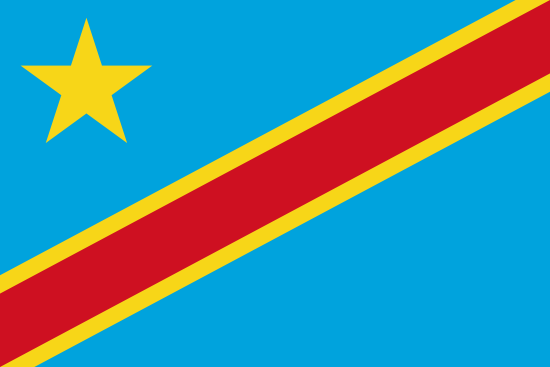
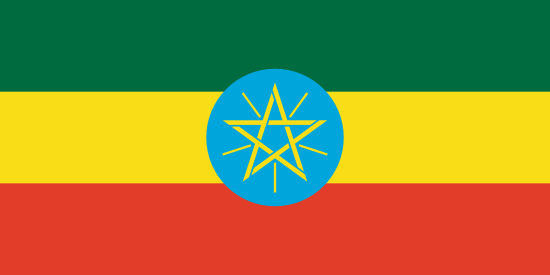
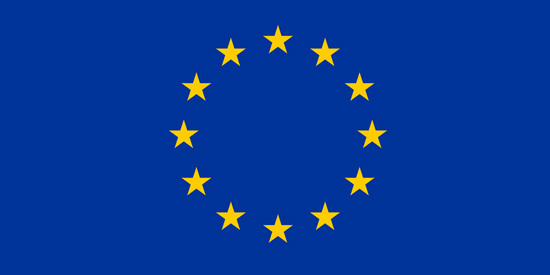
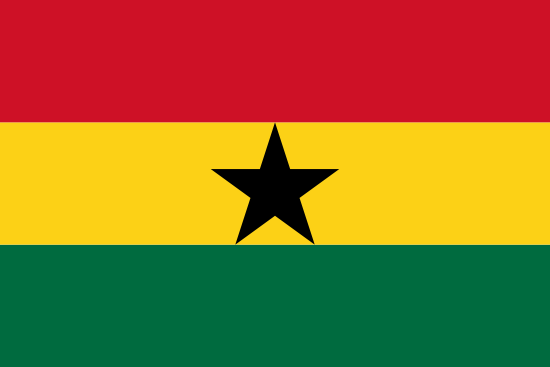


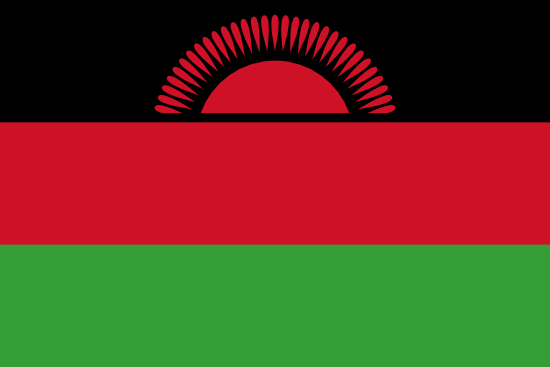
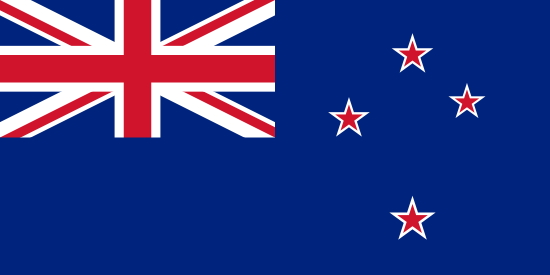
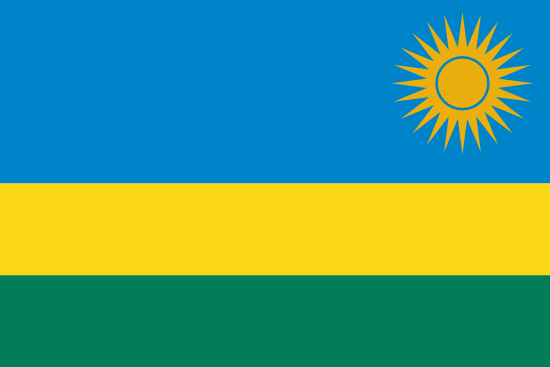
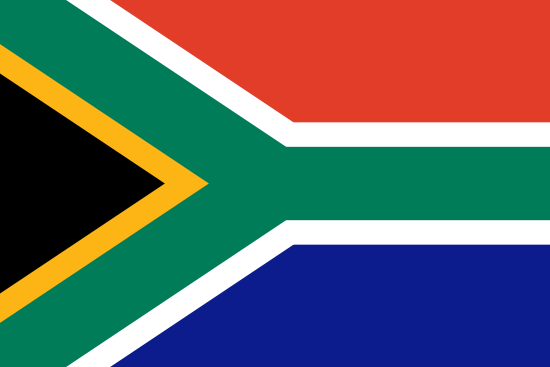


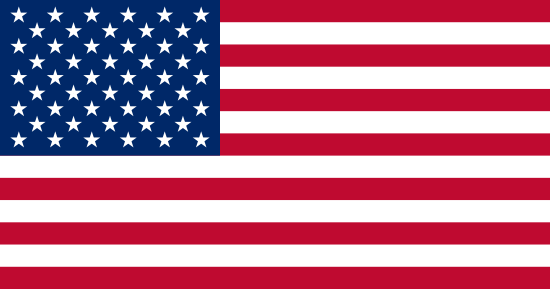
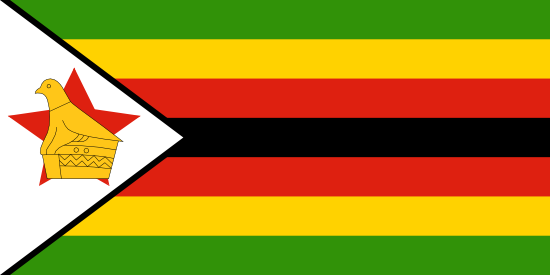

 We have been seeing some fantastic outcomes from AE’s Ngezandla Zethu project in South Africa. 35 women and 3 men have enrolled in the 2021 Sewing and Fashion Design Program. So far we have celebrated 13 graduates, 4 of whom are now successfully running their own businesses. One of our male students has even opened his own training school called “Kairos School of Fashion”.
We have been seeing some fantastic outcomes from AE’s Ngezandla Zethu project in South Africa. 35 women and 3 men have enrolled in the 2021 Sewing and Fashion Design Program. So far we have celebrated 13 graduates, 4 of whom are now successfully running their own businesses. One of our male students has even opened his own training school called “Kairos School of Fashion”.